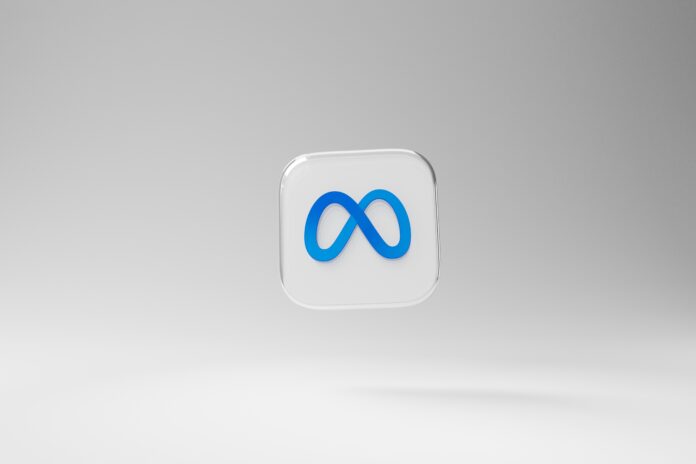Meta’s market capitalisation has surged past $1.4 trillion, cementing its position as one of the most valuable companies globally. Since rebranding from Facebook to Meta in October 2021, the company has ventured into metaverse hardware and artificial intelligence (AI), and this bold pivot has propelled Mark Zuckerberg to new financial heights. As of September 2024, Zuckerberg’s net worth stands at $201 billion, according to the Bloomberg Billionaire Index, making him the fourth-wealthiest person in the world, trailing only Elon Musk, Jeff Bezos, and Bernard Arnault.
Zuckerberg’s wealth has skyrocketed by $72.6 billion since the start of 2024, largely driven by his significant stake in Meta. He remains the largest individual shareholder, holding approximately 345.5 million shares. Nearly all of his shares are classified as Class B, a type of stock that carries ten votes per share, giving Zuckerberg outsized control over Meta’s direction. With ownership of 99.7% of these voting shares, he has an unshakeable influence on the company’s future.
Meta’s stock price has undergone a dramatic resurgence, trading around $567 per share as of September 2024. This marks a sharp recovery from its November 2022 low of $88 per share—a remarkable sixfold increase. The stock initially plunged after the company’s rebrand, as investors were wary of Meta’s shift towards augmented reality (AR) and AI. However, since then, the metaverse narrative has gained traction, and other tech giants like Apple, Google, Nvidia, and Microsoft have jumped into the race, further validating Meta’s vision.
Despite Meta’s recent stock success, the company has adjusted its approach to the metaverse. In July 2024, Meta announced a 20% reduction in its metaverse budget and tasked its Reality Labs division with cutting costs by 20% over the next two years. Reality Labs, which focuses on developing metaverse hardware, has been a costly endeavour, losing $60 billion since its inception in 2019. The division continued to post losses in 2024, likely as Meta’s focus shifted more towards AI.
At the Meta Connect event in California on September 25, Zuckerberg introduced two new products as part of Meta’s evolving strategy: the Orion augmented reality glasses and the Quest 3S virtual reality headset. The Orion AR glasses feature mini projectors that overlay a virtual heads-up display onto real-world objects, offering a futuristic blend of physical and digital interaction. The Quest 3S, a more affordable alternative to Meta’s previous models, is set to replace the Quest 3 128 GB model, catering to a broader audience interested in VR experiences.
Even with these developments in the metaverse space, Meta’s emphasis is increasingly shifting towards AI. The company scaled back its metaverse spending to focus more resources on AI research and development. During a July 2024 earnings call, Zuckerberg highlighted Meta’s AI ambitions, pointing to the release of their first open-source AI model, which has seen growing interest. Additionally, the company’s Ray-Ban Meta AI glasses have gained solid traction, further integrating AI into Meta’s expanding product line.


